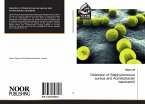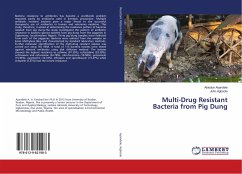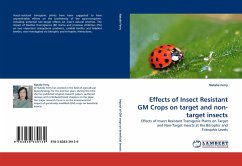Methicillin-resistant Staphylococcus aureus (MRSA) is a bacterium responsible for several difficult-to-treat infections in humans. It may also be referred to as multidrug-resistant Staphylococcus aureus or oxacillin-resistant Staphylococcus aureus (ORSA). MRSA is by definition any strain of Staphylococcus aureus bacteria that is resistant to a large group of antibiotics called the beta-lactams, which include the penicillins and the cephalosporins. MRSA has evolved an ability to survive treatment with beta-lactam antibiotics, including methicillin, dicloxacillin, nafcillin, and oxacillin. MRSA is especially troublesome in hospital-associated (nosocomial) infections. In hospitals, patients with open wounds, invasive devices, and weakened immune systems are at greater risk for infection than the general public. Hospital staff who do not follow proper sanitary procedures may transfer bacteria from patient to patient. Visitors to patients with MRSA infections or MRSA colonization are advised to follow hospital isolation protocol by using gloves, gowns, and masks when indicated.
Bitte wählen Sie Ihr Anliegen aus.
Rechnungen
Retourenschein anfordern
Bestellstatus
Storno








